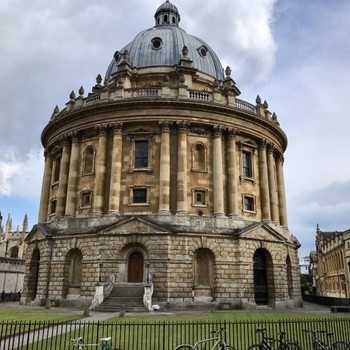What is the algebraic expression for sum of the sequence #7,11,15#?
2 Answers
Explanation:
The sum of the sequence means adding;
This means the sequence turns to
We want to find the N'th term, we do this by finding the difference in the sequence:
Finding the difference of the differences:
To find the quadratic of the N'th term, we divide this by
Now we take away
We only need the first
Finding the difference between the differences:
Therefore we
This gives us:
We can check this by substituting the values of
Alternate...
Explanation:
The sequence is defined by:
Hence we are trying to find the sum of the first
In sigma notation
We can use our knowledge of series...
We also know..


